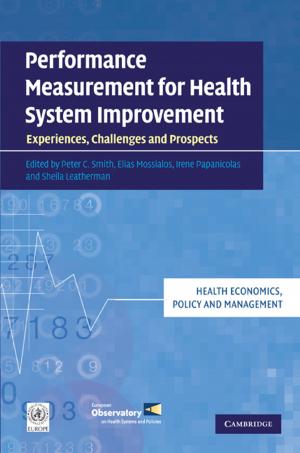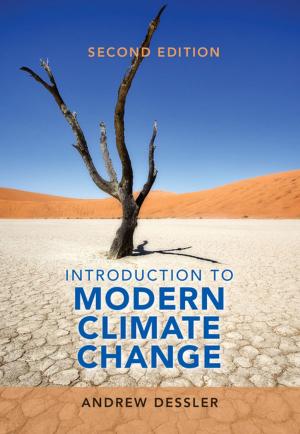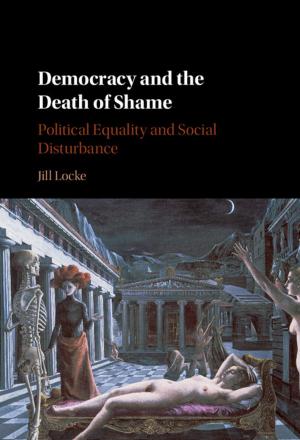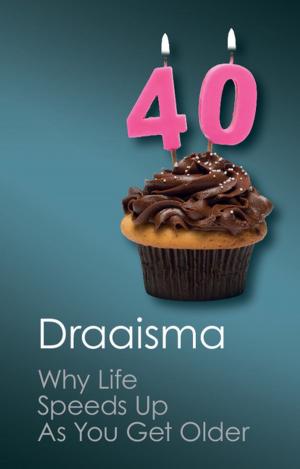The Role of Emotion in 1 Peter
Nonfiction, Religion & Spirituality, Bible & Bible Studies, New Testament, Study| Author: | Katherine M. Hockey | ISBN: | 9781108648455 |
| Publisher: | Cambridge University Press | Publication: | January 31, 2019 |
| Imprint: | Cambridge University Press | Language: | English |
| Author: | Katherine M. Hockey |
| ISBN: | 9781108648455 |
| Publisher: | Cambridge University Press |
| Publication: | January 31, 2019 |
| Imprint: | Cambridge University Press |
| Language: | English |
In this book, Katherine M. Hockey explores the function of emotions in the New Testament by examining the role of emotions in 1 Peter. Moving beyond outdated, modern rationalistic views of emotions as irrational, bodily feelings, she presents a theoretically and historically informed cognitive approach to emotions in the New Testament. Informed by Greco-Roman philosophical and rhetorical views of emotions along with modern emotion theory, she shows how the author of 1 Peter uses the logic of each emotion to value and position objects within the audience's worldview, including the self and the other. She also demonstrates how, cumulatively, the emotions of joy, distress, fear, hope, and shame are deployed to build an alternative view of reality. This new view of reality aims to shape the believers' understanding of the structure of their world, encourages a reassessment of their personal goals, and ultimately seeks to affect their identity and behaviour.
In this book, Katherine M. Hockey explores the function of emotions in the New Testament by examining the role of emotions in 1 Peter. Moving beyond outdated, modern rationalistic views of emotions as irrational, bodily feelings, she presents a theoretically and historically informed cognitive approach to emotions in the New Testament. Informed by Greco-Roman philosophical and rhetorical views of emotions along with modern emotion theory, she shows how the author of 1 Peter uses the logic of each emotion to value and position objects within the audience's worldview, including the self and the other. She also demonstrates how, cumulatively, the emotions of joy, distress, fear, hope, and shame are deployed to build an alternative view of reality. This new view of reality aims to shape the believers' understanding of the structure of their world, encourages a reassessment of their personal goals, and ultimately seeks to affect their identity and behaviour.
